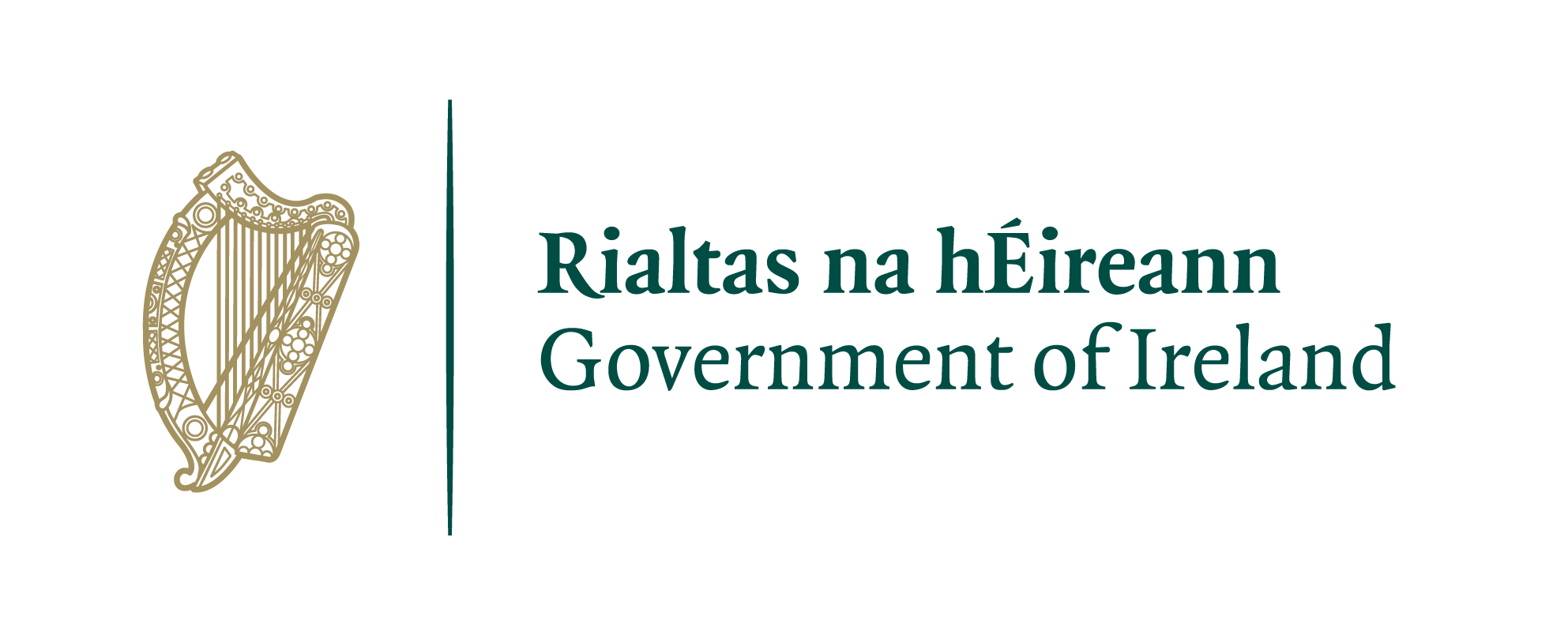About
About this data
The Public Service Data Catalogue will provide information on the wide-ranging data held by the public service In Ireland. This range includes personal data and business data as well as data critical to the delivery of public services and the formulating of public policy. As seen in the Catalogue this data comes from a range of different sources. Public Service Data can be broadly grouped into the following categories; Personal, Business, Spatial, Sensitive Personal
| Personal | As set out in GDPR, this is data that relates to or can identify a living person, either by itself or together with other available information. Personal data is used widely in the delivery of public services with services such as Passport Applications and Welfare Benefits |
| Business | Business data is a broad category which can include data collected on business and other legal entities, as well as day-to-day information collected by public bodies in order to formulate policy or deliver services |
| Spatial | Spatial data, often referred to as geospatial data is any data related to or containing information on objects in a geographic coordinate system. This allows the representation of objects such as buildings, lakes or mountains. Data can also include details of attributes of an object such as a buildings height. |
| Sensitive Personal |
Sensitive Personal Data or Special Category Data as it is referred to in GDPR is personal data that must be handled and processed with addition care due to impactful nature of data. |
| Protected |
As set out in the EU Data Governance Act, ‘protected data’ refers to categories of data protected on the grounds of statistical confidentiality, commercial confidentiality, intellectual property rights of third parties and personal data protection. This data may be made available for reuse providing certain conditions are met and the data’s protected status is upheld. This data catalogue serves as a single information point where public sector bodies can list ‘protected data’ holdings and potential data reusers can make a data request. |

